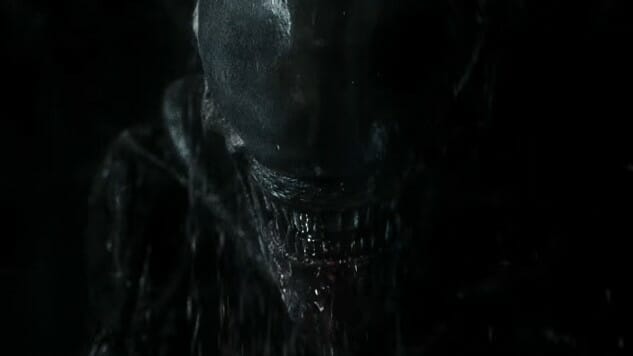Alien Board Game Publisher Threatens Legal Action Against Critics Following Plagiarism Accusations
Image via 20th Century Fox
French board games publisher Wonder Dice has landed in hot water after being accused of plagiarizing elements of its forthcoming Alien-based game, Alien: USCSS Nostromo, from Nostromo, a game pitched to the company by game designer François Bachelart in 2010.
Concerns were first expressed in a statement from French board game designer collective Société des Auteurs de Jeux. The group showed the similarities between Bachelart’s unproduced project, most notably the settings and rules of both titles. More similarities were uncovered by Board Game Geek user Domitien AW, who uploaded a comparison of the rulebooks of the two games. While they aren’t identical, there are arguments that Wonder Dice did not change enough from Bachelart’s original product to claim their game as an unique product. Wonder Dice included no mention or credit of Bachelart when they unveiled the game.
Speaking to Kotaku, Wonder Dice CEO Aldébaran Geneste explained why Bachelart’s game was rejected, and refuted substantial connections between the company’s game and Bachelart’s. “Its principle was not fitting with [a] commercial target. So we had to design a fully new game. The only resemblance is the fact that the background is the Alien Universe and more specifically the Nostromo spacecraft,” said Geneste.
Bachelart revealed that Wonder Dice offered him a credit in the game’s manual and the opportunity to design a future game with the company once the similarities were uncovered, but he rejected the offer, wishing for Wonder Dice to to cease sale of the game immediately. “We thought this would be the best way to calm down all the defamation and insults we got from some people of the community,” said Geneste. Both the game’s website and Facebook page went dormant following Bachelart’s remarks.